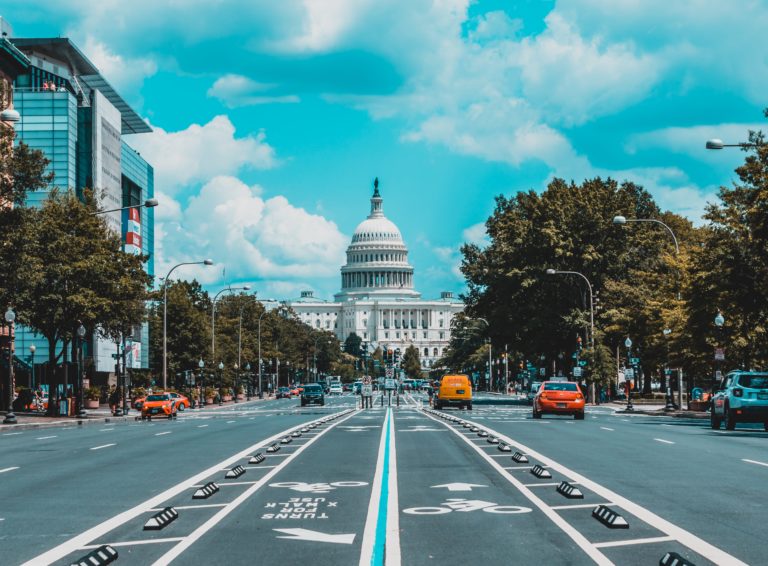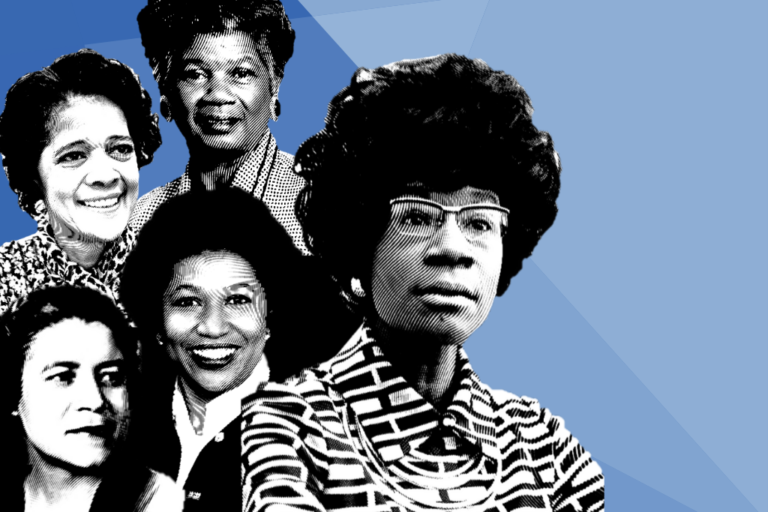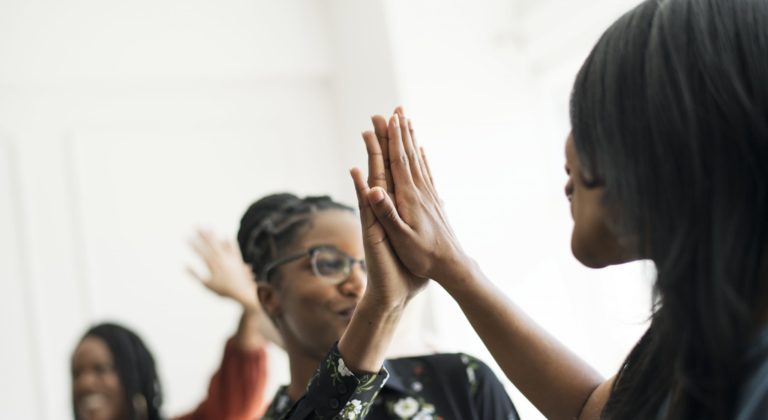A record number of Black women are running for Congress this year. At least 122…
Black Women and the Changing Legal Landscape

Andrea Campbell, Fani Willis, Letitia James are three black women who have become powerful attorney generals, symbolizing a new voice making critical decisions and setting the precedent in this country.
Following in the footsteps of Charlotte Ray, the first African American female lawyer in the United States 1850-1911, and Loretta Lynch, the first African American woman to be confirmed as the 83rd Attorney General of the United States, these two women serve as critical investigators and decision makers. The period between 2021-2023 distinguishes itself in showcasing the number of African American women in attorney general positions, from the Senate confirmation of Kristen Clark in 2021 to the confirmation of the 116th Associate justice of the Supreme Court, Ketanji Brown Jackson in April 2022. The trend speaks to the shift in the judiciary across intersectional lines of race and gender. With this trend, we see and hear a new voice making critical decisions and setting precedent in this country.
The American Bar Association’s 2022 profile of the legal profession finds that within the past ten years, the percentage of female lawyers has grown by 5% from 2012 to 2022. Overall, there are more males in the profession, however, the shift lies in that more women and fewer men are enrolling in law school annually. When examining a larger window of change over time, the number of women in the legal profession has increased substantially, whereby from 1950 to 1970, only 3% of all lawyers were women and in 2022 the percentage increased to 38%. When examining the intersection of race to this trend, in 2012, lawyers of color were 12% of the profession. A decade later, in 2022, lawyers of color were 19% of the profession.
An examination of the federal judiciary, highlights that the number of Black women appointed to the federal judiciary is witnessing an increasing trend. Pew Research Center on the federal judiciary details that from Lyndon Johnson to present there have been 26 African American women appointed to the federal judiciary.
The labor market becoming more diverse has implications across a myriad of professional spaces. Among them is the legal profession, where we are seeing that the partner law firms are experiencing more diversity, whereby 30 years ago partners of color represented 2.5%, this percentage has increased to nearly 11% in 2021. Additionally, data reports that nearly 30% of associates were lawyers of color in 2021, an increase of nearly 8% from 30 years ago.
The success of Letitia James, Fani Willis and Andrea Campbell highlights their accomplishments as trailblazers in fighting racism and sexism in a male dominated profession at the highest levels. Subsequently, they take on issues such as defending reproductive health care, strong stances against corruption, highlighting wage theft, increasing economic opportunity to ensure accountability against discrimination.
Their leadership signifies the importance of the change in tide. The legal landscape has historically been challenged in recruiting underrepresented communities, yet with the shift in tide, in more diverse leadership comes, more diverse opinion and this speaks to a changing of the guard as we evolve as a nation and seek to recognize and embrace a more inclusive landscape.






